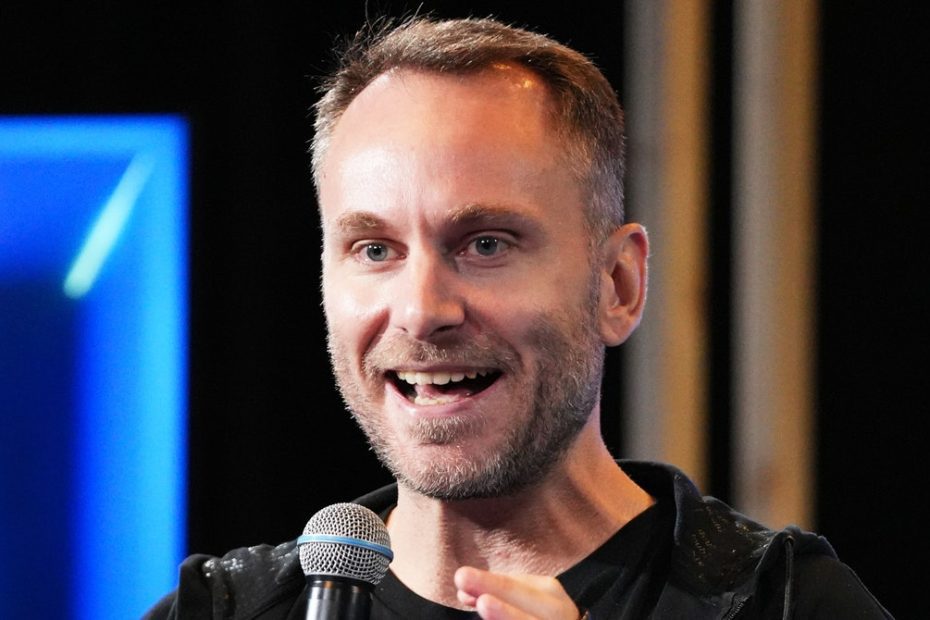WIRED: This year, Tether moved to diversify its business model with a push into venture capital. Tell me about the reasoning.
Arduino: Tether has become extremely profitable over the last two years due to the rise in interest rates. When Tether started, you could earn 0.2 percent on the reserve, but now you can earn 5.5 percent. Of course, that may be time-limited – we hear about possible rate cuts – but it’s very difficult to get back to the 0.2 percent scenario even with 3 or 4 percent inflation.
Over the past 24 months, Tether has made about $11.9 billion in profit. With that amount, we could have paid it all out to shareholders, making everyone happy. Instead, some of it is added to the reserve to further support the stablecoin, and the rest is essentially kept in the investment arm.
What is your venture investment thesis? It seems like you are looking beyond the crypto industry.
We come from bitcoin – we are bitcoiners at heart. We may not be perfect as human beings, but we try to carry the bitcoin ethos with us in terms of financial freedom, freedom of speech and freedom of access to technology in every venture we invest in.
The concept of decentralization can be applied to different areas, such as artificial intelligence. We already see how AI is becoming heavily politicized. We believe that having a player that is independent of the classical actors, such as Amazon, Microsoft and Google, will be very, very important.
The same goes for another important technology: brain-computer interface, or BCI. That will be fundamental in the future. Building brain-computer interfaces that respect people’s privacy, that ensure that data stays local and is not harvested by the same companies that run social media platforms, will be very important.
We are not a classic VC. We do not throw money at companies to try to find a unicorn that makes us 100X. That would be nice, but it has to match our vision. Interdependence, resilience and disintermediation: these terms are very important to us.
How much capital will Tether free up for venture capital investments?
We will always prioritize the stablecoin business, because risk management is very important. Right now we have a good buffer on top of the reserve, but if USDT continues to grow, we will increase it proportionally.
But almost everything else – I would say over 90 percent of the profits that Tether makes – we will reinvest in things that are important to us and our community. We don't have to pay out large sums of money as dividends.
Some VCs have done a poor job of making character assessments of crypto founders, with some, like Sam Bankman-Fried, later being convicted of fraud. How do you plan to ensure Tether doesn’t make the same mistakes?
By looking under every rock and doing the deepest level of due diligence, you can preserve the capital you invest. Not every investment will be perfect, but we will go into every business with heart and soul to ensure maximum results.

